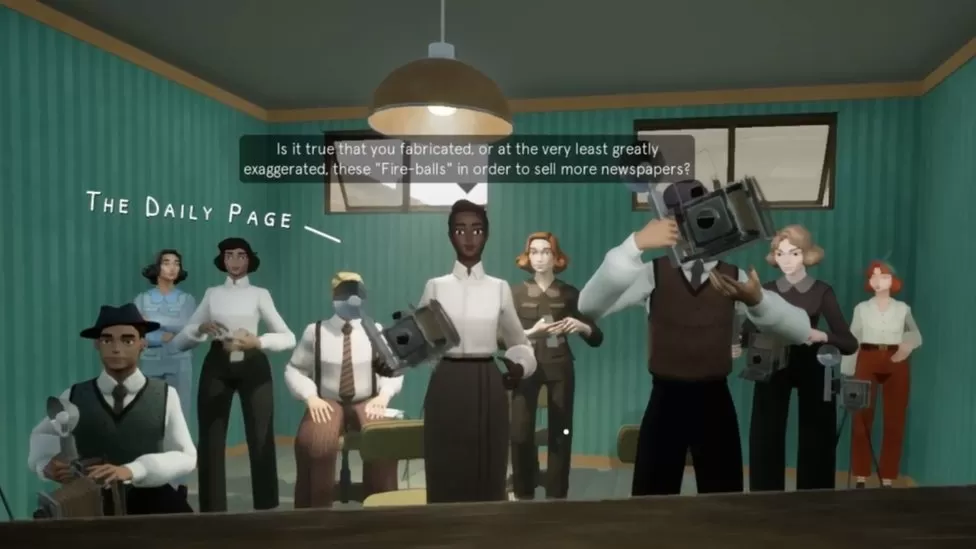AI will ‘lead to more games being made and more jobs’

An industry group representing games developers has told the BBC that artificial intelligence will boost jobs in the video game industry.
TIGA boss Richard Wilson says AI will “reduce the cost of making games and speed up the process”.
Artificial intelligence has been used in video games for decades.
However, some are concerned that gaming studios will lose jobs and face legal issues if they use the latest technology.
UKIE, another organization that represents British games companies, acknowledges there are concerns, but says this is an “exciting opportunity” for them.
It was a type of AI that told the ghosts how to hunt the player down even in the 1980s when players used coins to help Pacman (or Ms Pacman) collect white dots on the screen.
According to Dr Tommy Thompson, an AI expert, this form of AI is much simpler than what we’re discussing today, but the principles remain the same.
“It helps characters make intelligent decisions by looking at a snapshot of a game, and from that they can make intelligent judgements.”
While AI has been used to influence what happens on screen for years, it may now influence the process of getting games on screens.
The ability to quickly create hundreds of pages of scripts, voice background characters, or draw thousands of pieces of art could revolutionize the industry, according to some senior figures.
Dr Wilson says the system should allow studios to automate routine aspects of game development, so they can be more creative and focus on other things.
“Reducing development costs will result in more studios, which will lead to more jobs.”
Gadney, one of the co-founders of Charisma.ai, a technology platform that allows generative AI techniques to be used in games, thinks makers will be able to tell stories in a new way.
A game’s success depends on how the computer-controlled characters interact with the player.
With AI, characters like these can ‘think’ and respond more intelligently depending on the story written for them and the player’s behavior instead of regurgitating pre-prepared lines at random.

In games, players are often running through the three-dimensional environment, but we want them to stop and engage more.
We want players to sit down and have natural conversations with characters, rather than having four conversation options on screen, which is very limiting.
In Guy Gadney’s opinion, unlocking the potential of non-playable characters will change the way games tell stories by allowing players to interact with the environment differently than they do now. Additionally, Charisma.ai is working with companies such as Warner, Dreamworks and Sky on how this technology might be applied to other types of storytelling.
Dr Tommy Thompson, who also has a YouTube channel dedicated to AI in gaming, is enthusiastic about the technology. He warns, however, that the industry should be cautious.
Games studios cannot use widely available, open access AI tools in their current form, he says.
